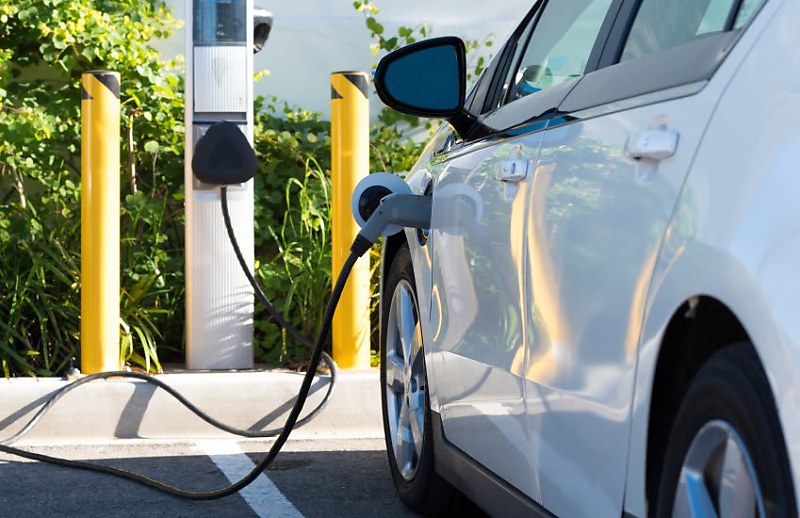Partners in Performance is calling on the government to expand the FBT exemption to cover the EV ecosystem to encourage take-up of the vehicles and help Australia meet its net-zero targets.
The government made EVs more affordable for businesses and households in July last year with legislation that exempts them from FBT when provided to employees, whether they are used for personal or work purposes.
During the bill’s second reading, Treasurer Jim Chalmers said Australia lagged far behind its international peers when it came to battery cars but “stronger uptake of EVs can make a substantial impact in our efforts to tackle climate change”.
However, partner Brian Innes said the switching costs from petrol to electric vehicles discouraged people from making use of the current exemption and fully embracing renewable energy sources.
Under the scheme, only vehicles priced below $84,916 were eligible and it did not apply to other costs associated with using EVs.
“Australians want to play their part in driving down global emissions but are often prevented from doing so because of the high upfront costs of not only buying an EV but also the cost of a battery at home and the solar panels required to ensure the EV is actually being charged with 100 per cent renewable energy,” he said.
“If you buy an EV with a charger, then you should be able to include a household battery and solar panels as part of the salary sacrifice, because it’s used to charge the car instead of relying solely on coal or gas-powered electricity.”
According to comparison website Canstar Blue, the average solar panel costs $5,667 while installation could range from $3,000–$12,000.
Mr Innes said the extended exemption could be funded through the $20 billion Rewiring the Nation Fund, created last year to modernise electricity grids and support the transition to renewable energy.
He said the government’s renewable energy target of 82 per cent by 2030 was currently “under threat” due to construction material and labour shortages, slow supply chains, and community opposition to large transmission lines “crisscrossing their properties or traditional lands”.
“What we should be doing is prioritising our spending for speed,” he said.
“By the next federal election cycle, wouldn’t it be better to take some of that $20 billion Rewiring the Nation funding and throw it at EVs and behind-the-meter power generation?”

 Login
Login







